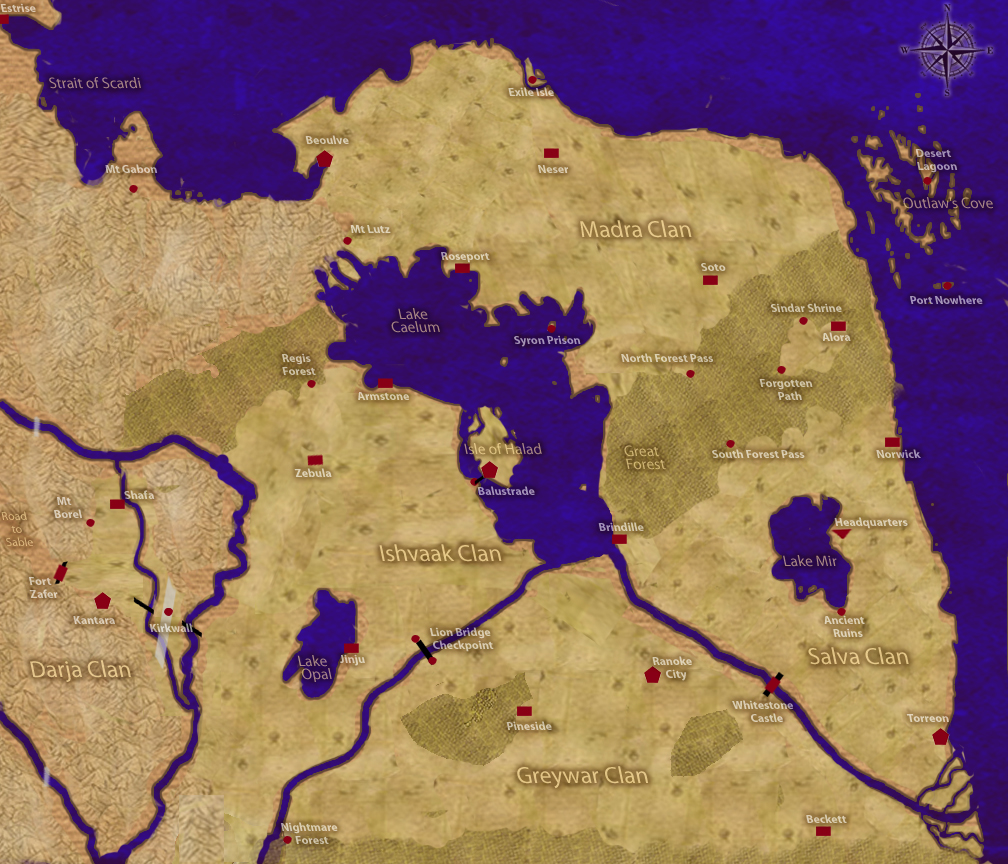

Despite all of this, I actually found the antagonist's (not naming him for sake of spoilers) mission to be extremely generic and hard to follow in logical terms.

I also dislike silent protagonists, and although it worked fine in II because Jowy was such a fleshed out character and, by extension, Riou the main character, I still prefer regular, scripted main characters like in III. I love unreliable narrators and seeing scenes from different perspectives, altering your responses to character's decisions and your emotional reactions to them throughout the adventure. The innovative Trinity Sight System wins my vote as the best JRPG story-telling mechanic, hands down. I still don't understand how the majority of 108 Stars from three games are more compelling than nearly all the 40 in Chrono Cross (all of them in the case of FF VIII in my opinion). If at all possible, play them in order, collecting all 108 Stars to benefit the most from the narratives, especially III's extended epilogue. It creates a great inter-connectivity and makes the antagonist in III much more compelling. Without getting into spoilers, Suikoden I-III each have a tremendous cast of characters, and the best part is seeing the best of them come back and grow.
Mine suikoden v map series#
Plot and Characters - The cast of playable characters is where the entire Suikoden series shines, and where Suikoden III makes up for a lot of its flaws in my book. I used to be able to defend the battle system as a "love it or hate it" thing in lieu of the great plot. The only positive aspect I can point to is the skill point system, which I thought helped flesh out the characters more and add a fun dimension to character growth and setting roles for them. Don't get me wrong, I applaud Konami for trying something new (as far as I know I, II, IV, V and Treikreis use the same tried and true system (with slight variations) and in theory the system in III would be great. It doesn't help that the battle system is the most clunky, poorly executed thing I've ever played. The monsters are, on the whole, uninspired, boring and uninteresting. There are no dungeons to speak of, the longest ones being three or four screens of linear corridor. The overworld map is extremely simple and pretty linear. In fact, I'd say it failed even back then, but I was too enamored with it to not give it a pass. Gameplay - The lifeblood of a game is in its gameplay, and I can't say that Suikoden III has really aged well. My number system isn't really based on anything, I am just providing a generic number to represent my overall opinion. Here are my thoughts playing this unique game 10 years later. I have been giving Suikoden III blanket recommendations for nearly a decade now, but I really wanted to see if my opinion has changed being 26 instead of 16. Now, 10 years later I decided to go back and play the game that began my love affair with just over half this seemingly forgotten franchise.

I could go on forever about how IV broke my heart in disappointment and how I never finished V after finding out 20 hours in that you can miss Stars of Destiny arbitrarily, but this is about Suikoden III. Suikoden I-III have to be my favorite trilogy of games in my collection. I finished the game, got Suikoden II for Christmas 2002, and bought the first one a few weeks later. Without going too deep into it, I fell in love with the series immediately. I remember picking the game up the second it came out, too. I remember sitting in one of my blow off classes in high school for months looking at screens and reading up on previews and what not (RPGamer got me through that class). Suikoden III was my introduction into the series. My relationship with the Suikoden series feels like a giant game of tug-of-war.


 0 kommentar(er)
0 kommentar(er)
